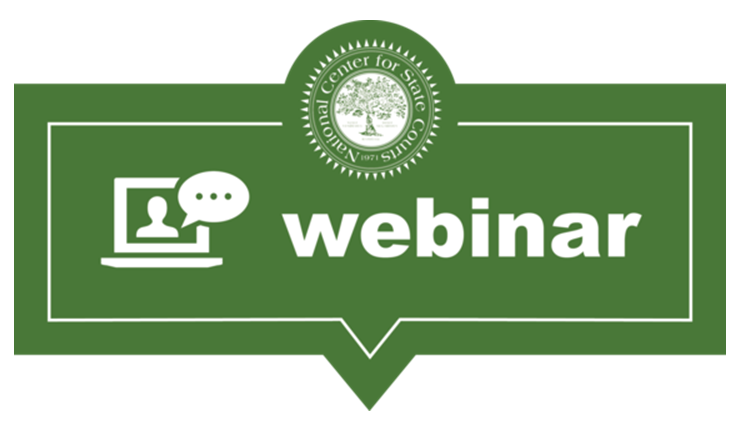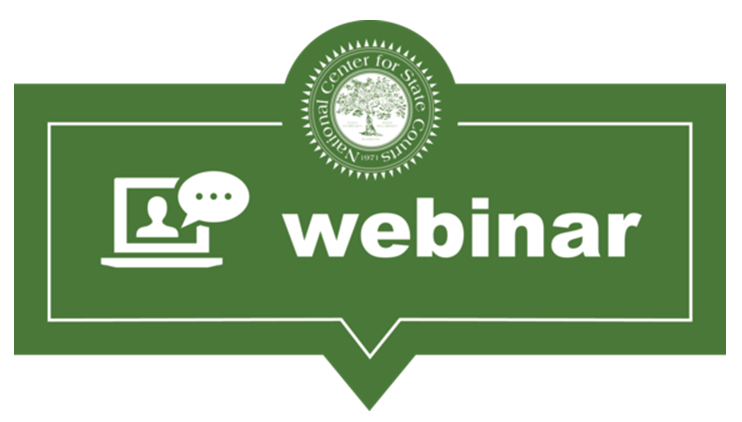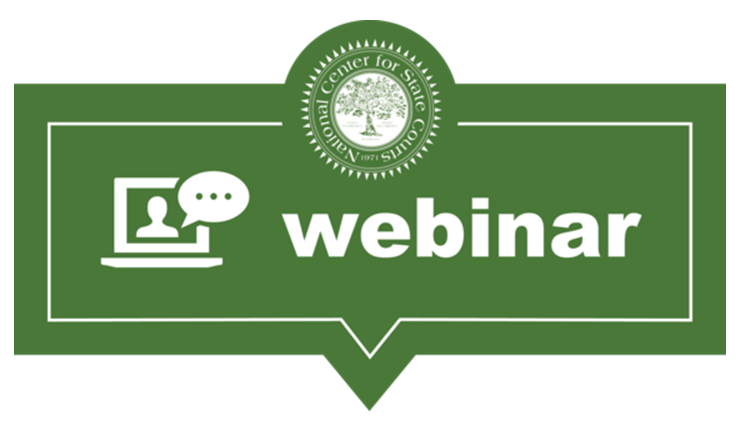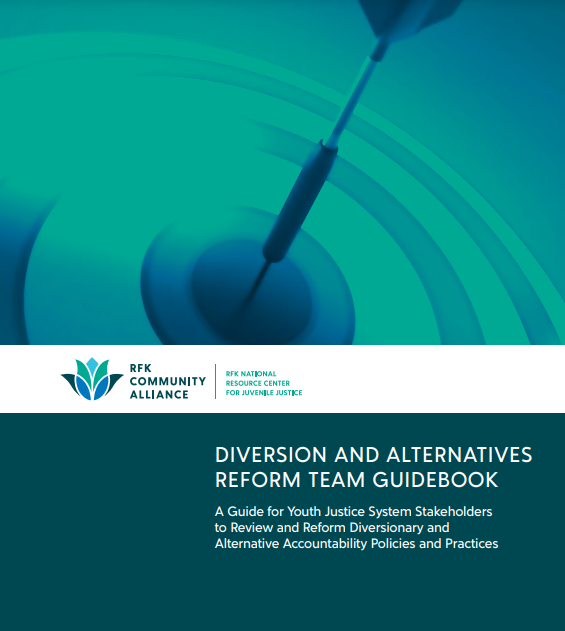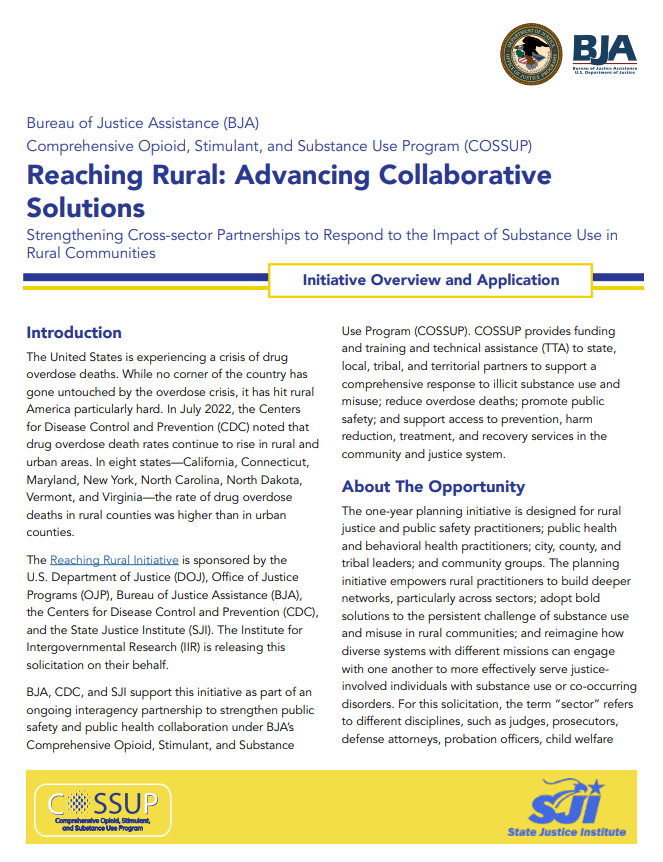Upcoming Webinar! Mental Health Diversion: Lessons from the Field on December 11th, 2023, at 4:00PM EST.
In 2022, the National Judicial Task Force to Examine Courts’ Responses to Mental Illness recommended that the Judge’s Guide to Mental Health Diversion, a vital tool for judges across the country for over a decade, should be updated.
The new guide, with revisions by the National Center for State Courts, along with stakeholders and national experts, contains updated information and relies on a better understanding of how to effectively divert people with mental health and co-occurring disorders towards treatment at every stage of legal system involvement.
Attendees of this webinar will learn about the soon-to-be-released Judge’s Guide to Mental Health Diversion, how courts in Kentucky and Missouri used the guide to develop new diversion opportunities, and NCSC’s ongoing efforts to improve outcomes for people with mental health and co-occurring disorders.
Register here: Webinar Registration – Zoom
